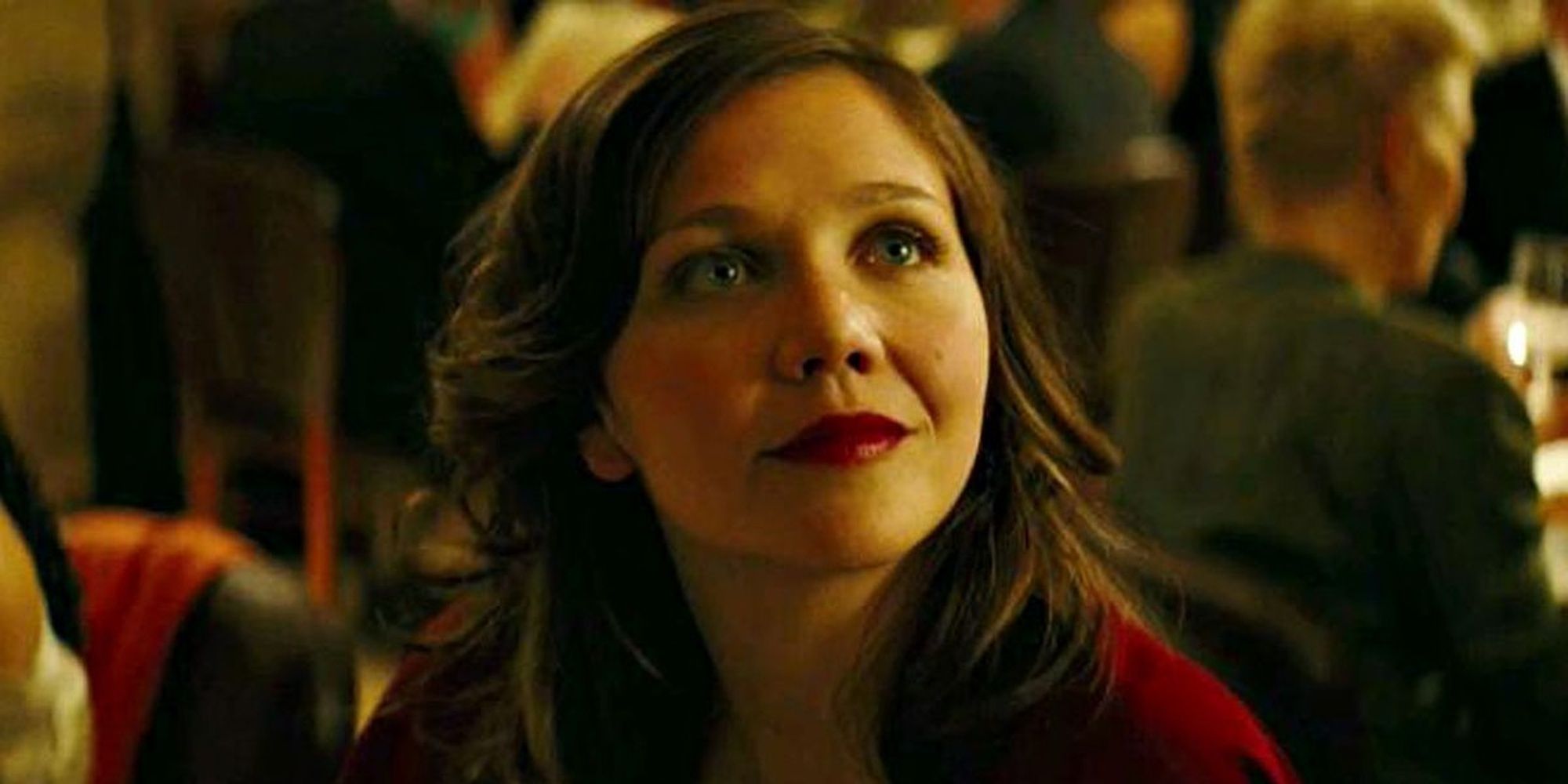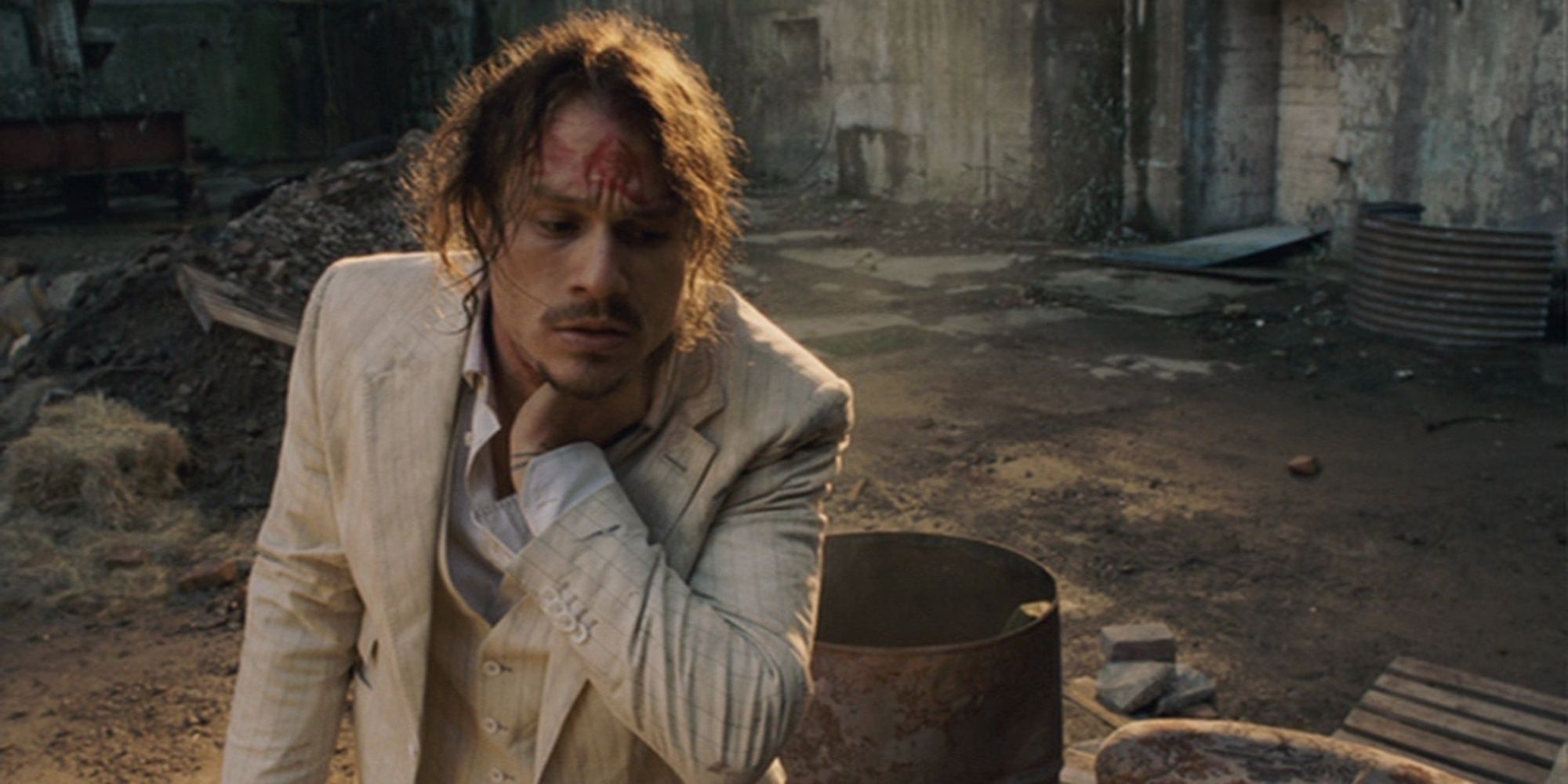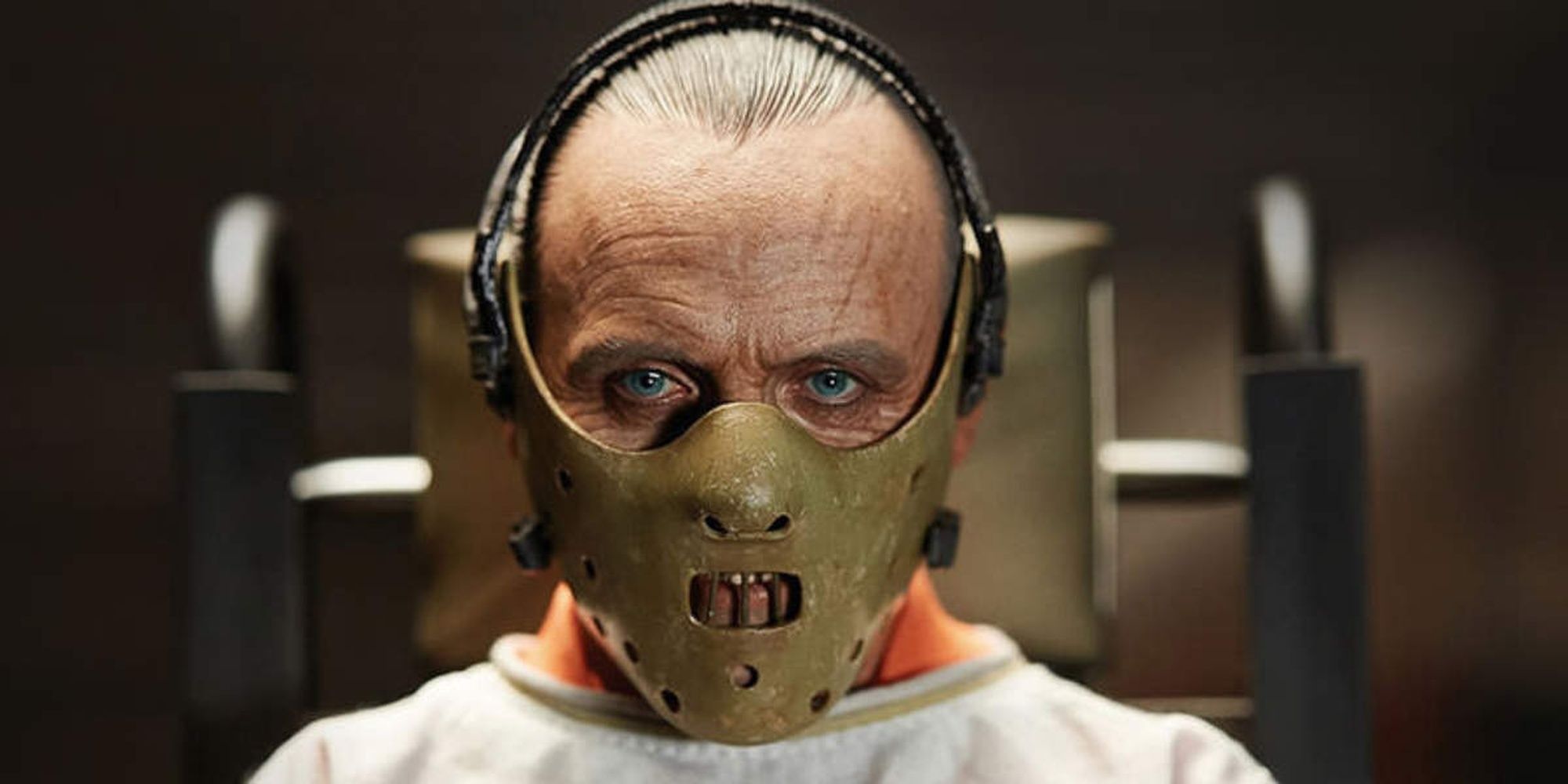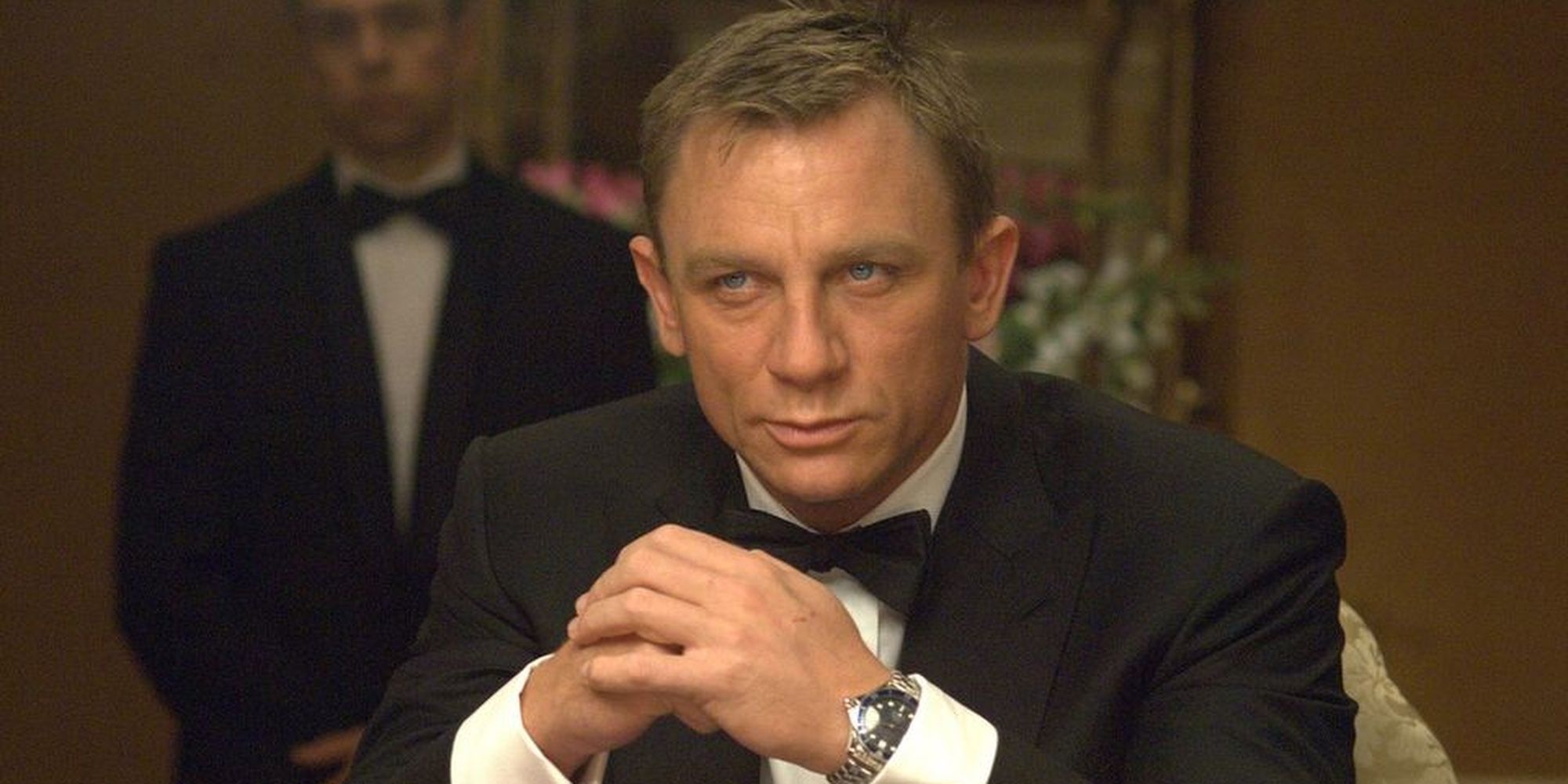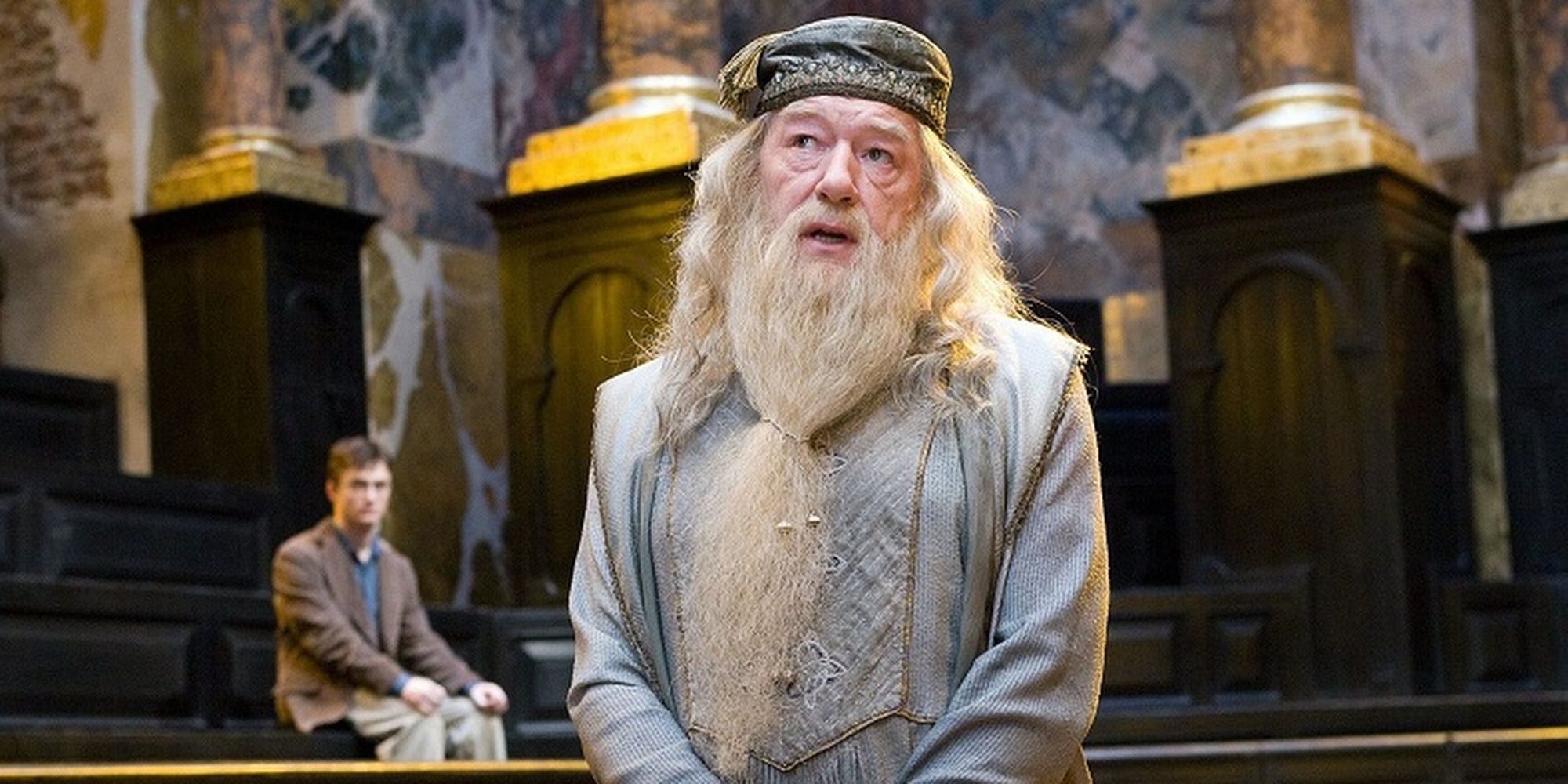The act of recasting a specific role in a film can disrupt the flow of any production. It can be caused by a plethora of reasons, from simple creative differences amongst the cast to something more serious, such as an unavoidable tragedy or behind the scene's animosity.
While these cases are often untimely, they're not always a cause for real concern. In truth, examples like the recasting of Julianne Moore as Clarice Starling in Hannibal, or Jared Leto as The Joker in The Suicide Squad, are sure to argue the contrary. Dig a little deeper, however, and a recasting can just as easily become a blessing in disguise.
Rachel Dawes - 'The Dark Knight' (2008)
Rachel Dawes was an original character for Christopher Nolan's The Dark Knight Trilogy and was first introduced as Bruce Wayne's childhood friend in Batman Begins, transitioning into his long-held love interest. The role was originally enacted by American actress Katie Holmes, whose breakthrough in the industry came with the television series Dawson's Creek.
After a hugely positive experience with the role, Holmes' schedule began to intensify, and she eventually decided to explore a different direction in her career. Though it was never confirmed, her exodus from the film coincided with her casting in the 2008 comedy Mad Money, alongside Queen Latifah. An ill-advised judgment, some might say, but Nolan was ultimately able to call upon the immensely talented Maggie Gyllenhaal to steady the ship. The role may have ended in mortality, but Gyllenhaal's performance ensured Dawes went out with a bang, rather than a whimper.
Tony - 'The Imaginarium of Doctor Parnassus' (2009)
Fresh from his iconic performance as The Joker in The Dark Knight, Heath Ledger was cast as Tony in Terry Gilliam's fantasy adventure picture about a traveling theater company that vastly exceed the expectations of their audience. The film is synonymous with Gilliam's idiosyncratic style, but it's impossible to discuss the film without acknowledging Ledger's tragic death during production.
Understandably, the film was placed on an indefinite hiatus while the industry mourned the loss of one of its greatest. Much of the film's financing relied on Ledger's involvement. Eventually, Gilliam came up with the idea of having three actors replace Ledger in certain scenes. Johnny Depp, Colin Farrell, and Jude Law (all close friends of Ledger's) were cast as "transformed versions" of his character as he traveled through the magical realms of the narrative. Depp was the first actor cast and his name reportedly eased the concerns of the film's financiers. In truth, the identity of Gilliam's film will forever be overshadowed, but its existence as Ledger's last body of work calls for respect. So too, does Gilliam's notion to dedicate the film to his memory.
Hannibal Lecter - 'The Silence of the Lambs (1991)
Anthony Hopkins' performance as the infamous psychiatrist, Hannibal Lecter, is considered iconic in terms of cultural significance. In fact, it's even more astounding when you consider that he won the Academy Award for best supporting actor despite appearing on-screen for just 16 minutes in The Silence of the Lambs. So monumental was the performance, that it's easy to forget that he was in fact the second actor to portray the beguiling serial killer.
Back in 1986, Brian Cox starred as Lecter (spelt Lecktor in the film) in Manhunter, the first adaptation of Thomas Harris' Red Dragon novel. The film was initially met with mixed reviews upon its release and performed poorly at the box office, but it has grown to achieve cult status in the years since its release. Cox, for his part, feels blessed to have played the role in its cultural infancy and argues that the effectiveness of his portrayal was magnified by the audiences' lack of presumption in regard to Lecter at that time.
James Bond - 'Casino Royale'
Since the late Sean Connery debuted the character in 1962 in Dr No, 12 actors have portrayed Ian Fleming's national treasure on the big screen across a time span of 5 decades. During that time, none have left a bigger legacy than that of Daniel Craig. Prior to his casting, many felt that the film series was slipping into a tired formula. Developed as a reboot of the franchise, Casino Royale was thus intended to bring back the flavor of Fleming's novels. This, it achieved, and then some; reigniting the global appeal of the franchise.
Despite the overwhelming success of the film, however, Craig's casting was initially met with a fair amount of controversy. Many in the press felt he wasn't the right fit for Bond, arguing he didn't fit the tall, dark and handsome image that many fans were accustomed to over the years. In due course, however, his captivating performance as the M16 agent would lay waste to such cynical preconceptions and cement Craig as arguably the best to ever play the role.
Albus Dumbledore - Harry Potter and the Prisoner of Azkaban
Next to The Boy Who Lived, Albus Dumbledore is perhaps the most significant character in the entirety of J.K. Rowling's beloved franchise. The character was first brought to life in films one and two of the series by the respected Irish actor Richard Harris. Harris had played the role with a spellbinding gravitas, personifying the character in a manner that felt dutiful to the character explored in the novels. But after Harris' passing in 2002, the studio was forced to recast the role.
After strongly considering Peter O'Toole for the role (a lifelong friend of Harris) the decision was eventually made to cast Michael Gambon as the esteemed Hogwarts headmaster. This wasn't the only injection of new blood into the series, as Mexican filmmaker Alfonso Cuaron came onboard to replace Chris Columbus as director for The Prisoner of Azkaban. Gambon, meanwhile, added a new dimension of likability to the character, as well as a certain mysticism that coincided well with the darker turn of the franchise.

-Cropped.jpg)
